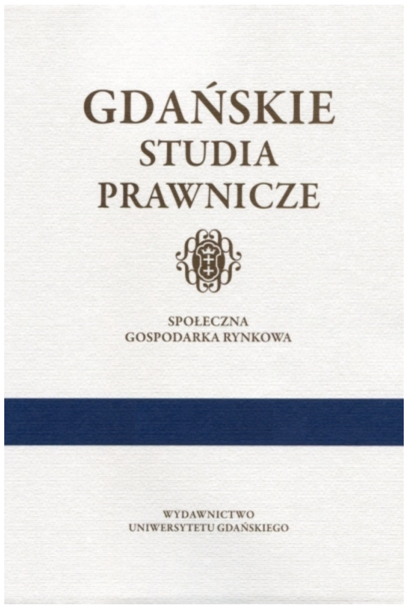System parlamentarny i jego ewolucja – próba syntezy
Parliamentary system and its evolution – an attempt to synthesize
Author(s): Michał BożekSubject(s): Government/Political systems
Published by: Wydawnictwo Uniwersytetu Gdańskiego
Keywords: parliamentary system; Polish literature; political doctrine; constitution makers; England; Great Britain; individualization;
Summary/Abstract: Today, the most common model of government is a parliamentary system, in Polish literature usually called a cabinet-parliamentary system. However, the attempts to define this system precisely face many difficulties. It is in fact very flexible and inclusive formula of government. This is because the system is neither the result of a comprehensive political doctrine nor is it a normative product established by a decision of the constitution makers. Its individual institutions have developed in the course of the long-term evolution of the political system, first in England and then in Great Britain. Over the years, the parliamentary system began to disseminate in Europe. For decades, this model did not function on the basis of detailed constitutional regulation, but on the basis of established political habits. The fundamental change took place in the twentieth century. Constitutions adopted at that time began to recognize the rules of this model and regulate them in specific legislation. This became to be called the „rationalization of the parliamentary system”. The direct result of the phenomenon of rationalization of the parliamentary system is its large individualization. It is clearly seen in the differentiation of institutional arrangements - even with regard to the core issues - which can be found in the texts of the constitutions of states which adopted parliamentary system. Today, this political system is not universal. It has many varieties, differing one from each other in a fundamental way.
Journal: Gdańskie Studia Prawnicze
- Issue Year: 2014
- Issue No: XXXI
- Page Range: 35-48
- Page Count: 14
- Language: Polish

